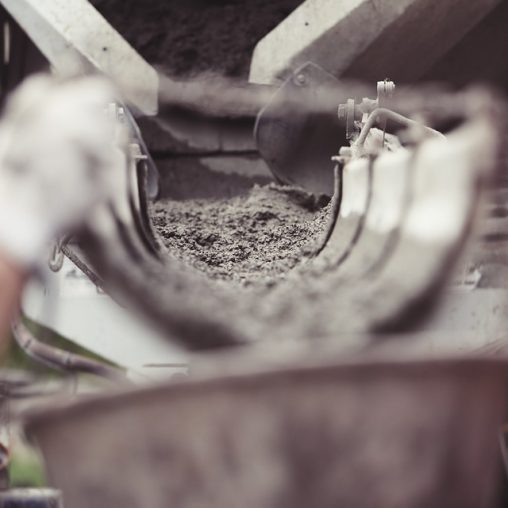paving contractors is a great way of improving the appearance and texture of a patio or driveway or any
other outdoor space. Paving can provide additional protection from the elements that many
people require on a daily basis. You should be aware of the potential disadvantages when
choosing a paving material. Some of these disadvantages are simply unavoidable, but others
are simply a matter of looking at the problem in a different light. Concrete is often regarded as
the best paving option for patios, driveways, and walkways. Although concrete is a solid, durable
choice as a paving material, there are some disadvantages that you may not see until you have
a few incidents under your belt.
Concrete can tolerate a small amount of water, but it is not recommended for patios. Even on
day-to-day routine maintenance, concrete still experiences inclement weather and the effects of
heat can be devastating to the pavement. Ceramic pavers are much more resistant to heat
damage and are therefore waterproof. However, they don’t protect pavers against rain as they
aren’t properly sealed.
Sand and Gravel Pavers Sand
gravel pavements are far more versatile than other options. They
are perfect for driveways, walkways, and patios. But there are some disadvantages to consider.
Although sand and gravel sound great, their blocky nature makes them poor choices for
driveways. If your driveway becomes cracked or worn, sand can easily cause damage. Gravel
can also become slick and make it difficult to control during travels.
Both types of paves can be affected by weather damage. Sand can easily become dark and
unsightly, especially if it is not kept clean. Gravel is also susceptible to weather damage
especially in winter. Both options have their benefits, but you should weigh the pros and
drawbacks before making an informed decision.

Which would be the best for you? Both are excellent alternatives to concrete block or natural
stone paving. They are both similar in cost. They are both very durable, which can be important
if you need to replace damaged panels. While natural stone is susceptible to wear and tear like
concrete block pavers, the process is much slower so you will pay less overall. The primary
disadvantage of natural stone is that it is typically more expensive than clay pavers.
Clay plates and brick pavers both are susceptible to weather damage. Brick pavers are more
visually appealing than clay plates. Clay plates have the advantage of being flat all year. Paving
requires more frequent maintenance and is more vulnerable to damage. Since clay requires
more maintenance, you may not want to choose this option if you don’t think you can manage
the additional expense.
As far as appearance goes, both types of paving are attractive. Concrete block paving can be
polished to resemble natural stones, while brick pavers are made to look similar to clay brick.
Although they have different styles and looks, both are durable and reliable and can provide
years of reliable service. Both options can be used to prevent unwelcome public reactions to
your paving. Pavers are more likely stay flat, making them great for driveways. Clay pavers,
however, are less appealing if you want to give your outdoor space a unique, stylish look.
You will need to weigh the pros and cons of each type of paver, as well as which products are
best for your job. Although you might consider using several types of pavers, they should all
complement each other and look great together. You will likely have a general idea about the
look you desire, which will help guide you in making the right decisions
